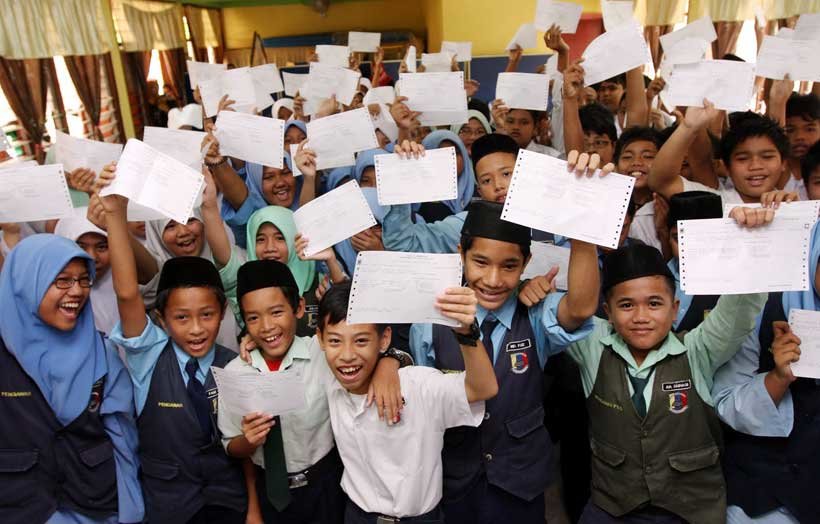Malaysia’s Efforts in Improving Education: Lessons for Developing Countries

Malaysia’s efforts to tackle education challenges, particularly through the establishment of a ‘delivery unit’ that tracks results, can help other countries seeking to improve implementation in the sector, says a new World Bank report.
The report, Improving Education Sector Performance: Lessons from the Delivery Unit Approach, highlights the role of the Education Performance and Delivery Unit, or PADU, under the Ministry of Education, in improving education outcomes, a key government priority.
The report examines how PADU facilitated program implementation and delivery of results through the Literacy and Numeracy Screening program, or LINUS. Unlike other interventions, the LINUS task force – comprised of several divisions – worked closely with agencies across government to provide an effective framework for coordination, tracking, monitoring and reporting.
“Following the World Bank’s analysis of the LINUS approach, we are glad to share the approach with other countries seeking to improve education outcomes,” said Dato’ Seri Mahdzir bin Khalid, Minister of Education. “As we progress, we will constantly refine ways of delivery and continue to engage relevant institutions such as the World Bank to gather feedback and improve implementation.”
The Government Transformation Program, announced in 2009, set improving education outcomes as a key priority, and a detailed plan in the Malaysian Education Blueprint followed. Making improving education outcomes a national priority can elevate the profile, stakes, and resourcing for the initiative. Building in evaluations of impact into the program design would further bolster efforts to improve education outcomes.
“The delivery of the essentials of a thriving nation – better schools, healthcare, public transportation – is a mutual goal of all nations, but implementation is a common challenge. The delivery unit approach taken by Malaysia is a creative and effective way to address this challenge,” said Faris Hadad-Zervos, World Bank Group Representative to Malaysia. “This report distills useful lessons learnt in improving the performance of its education sector, and makes recommendations to bring Malaysia one step closer towards its aspirations of becoming a high-income country.”
The study is the latest installment in the World Bank Group’s Outbound Knowledge Report Series that curates, distils and disseminates Malaysia’s development experience. This report is part of the Malaysia Development Experience Series, which strives to capture key learnings from Malaysia that are relevant for developing countries around the globe as they transition out of poverty and into shared prosperity.
(Source: moderndiplomacy)
